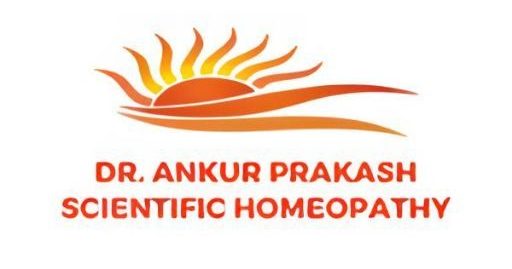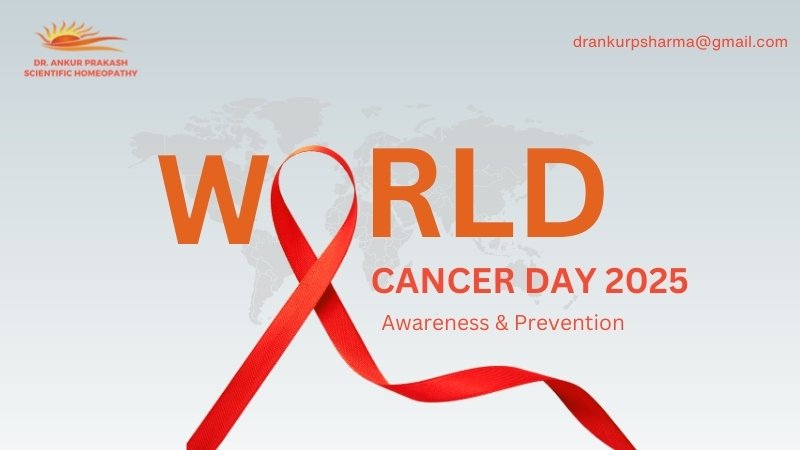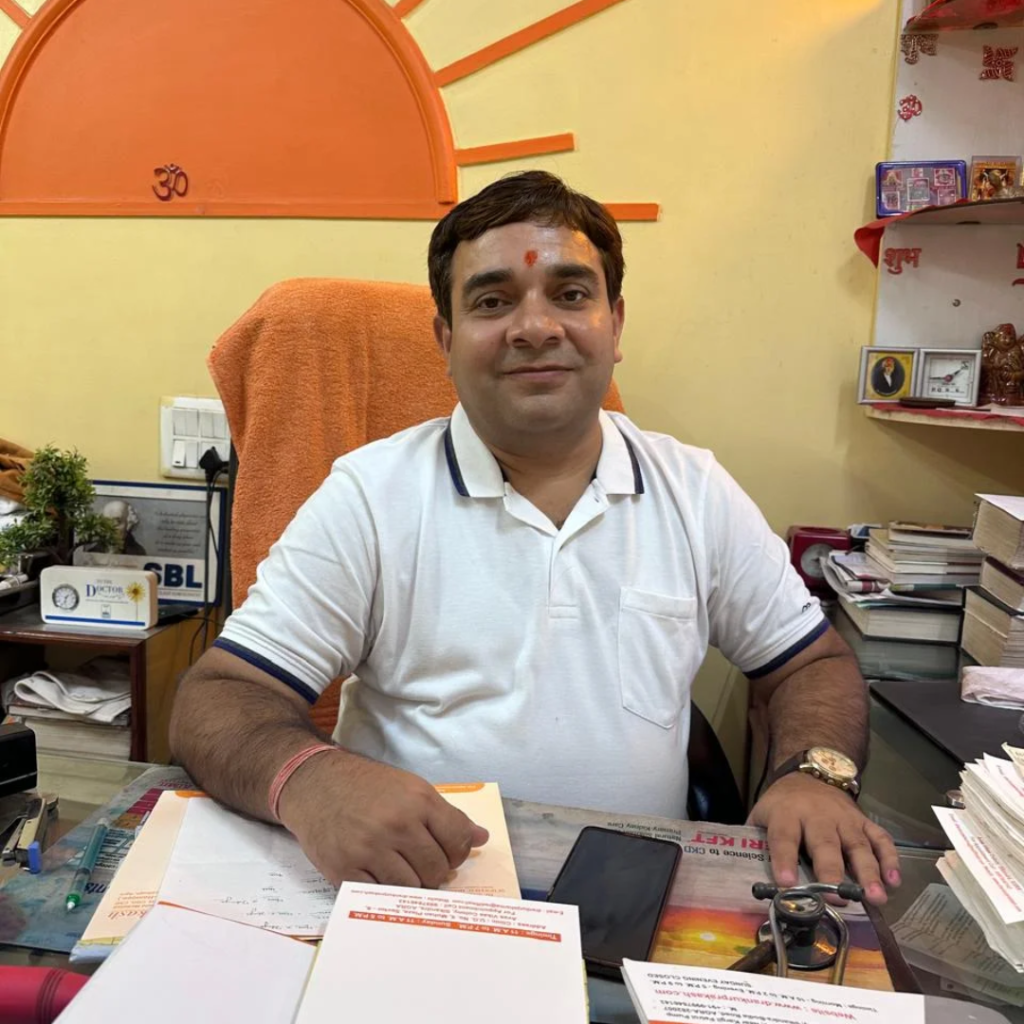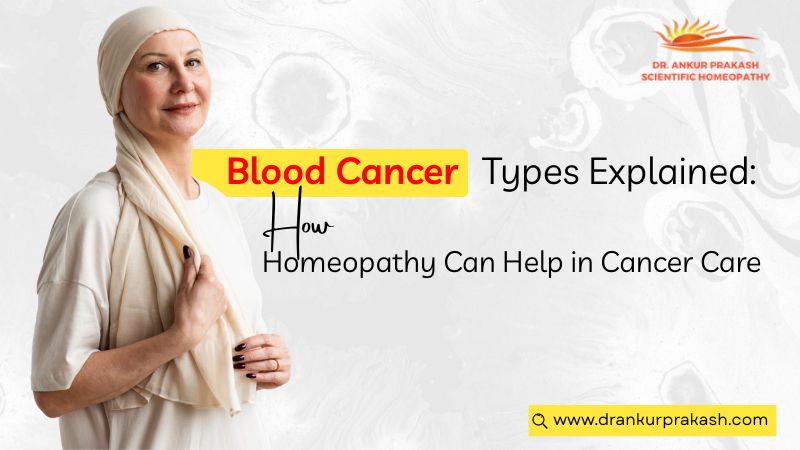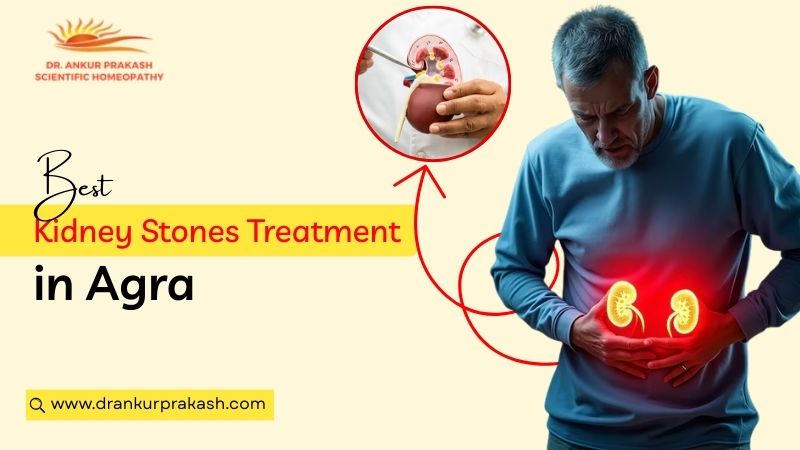The History of World Cancer Day
World Cancer Day is an important global event observed on February 4th every year. It was first established in 2000 by the Union for International Cancer Control (UICC) as a way to raise awareness about cancer and encourage the public to take action in the fight against this deadly disease. The idea behind WCD is to unite the global community in spreading awareness about cancer prevention, early detection, and treatment. The UICC’s goal is to create a platform for people around the world to come together, share knowledge, and learn how they can help reduce the global burden of cancer. Since its inception, WCD has gained immense traction and continues to serve as an important reminder of the ongoing battle against cancer.
Each year, WCD focuses on a specific theme aimed at educating people on cancer-related issues. It helps raise awareness about the preventable factors and the growing burden cancer places on healthcare systems worldwide. The observance of this day reminds individuals that cancer is a complex and often life-threatening disease, but through early detection, modern treatments, and lifestyle changes, many cancers can be successfully treated or managed.
Rising Cancer Incidence in India
Cancer has become one of the most pressing health challenges in India, with a significant increase in the number of cases diagnosed every year. According to recent data, the incidence of cancer in India is expected to rise drastically in the coming decades. Factors contributing to this rising trend include the country’s aging population, urbanization, changes in lifestyle, unhealthy eating habits, and a lack of awareness about early screening and prevention.
India’s healthcare system faces immense pressure due to the rising number of cancer cases. Many people in India often do not seek timely medical help due to lack of awareness, access to proper healthcare, or financial constraints. It is vital to recognize that early diagnosis can make a significant difference in cancer treatment outcomes. Research shows that when cancer is detected early, it is more likely to be treatable, leading to better survival rates.
One of the most important steps India can take in addressing this rising incidence is to ensure that citizens are educated about cancer and its symptoms. Regular screening and checkups are essential, especially for those with a family history of cancer. Educating the public on risk factors such as smoking, alcohol consumption, and exposure to environmental pollutants is crucial in combating the rising cancer incidence.
Treatment Options for Cancer
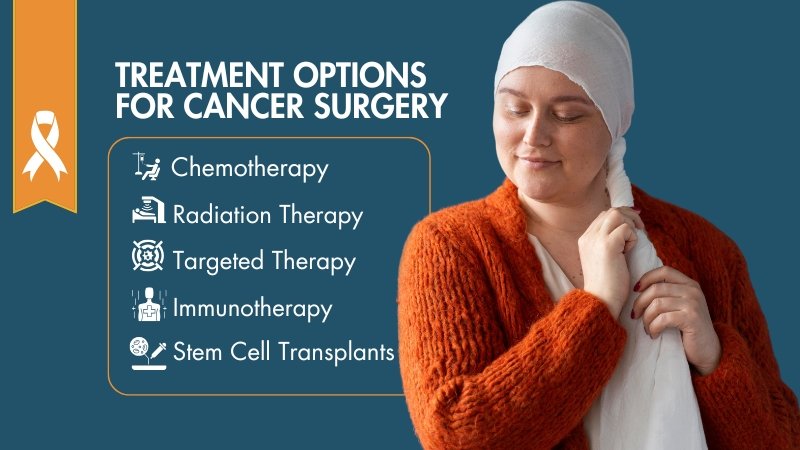
Cancer treatment has evolved dramatically over the years, offering new hope to patients worldwide. With advances in technology, science, and medicine, Cancer Treatment options have expanded to include surgery, chemotherapy, radiation therapy, targeted therapy, immunotherapy, and stem cell transplants. The treatment plan depends on the type and stage of cancer, the patient’s overall health, and other individual factors. Let’s look at the common treatment methods used today:
1. Surgery: This is often the first option for treating cancers that are localized and have not spread to other parts of the body. Surgery aims to remove the tumor or as much of it as possible, along with any affected tissue. Depending on the cancer’s stage, surgery may be combined with other treatments.
2. Chemotherapy: Chemotherapy involves using powerful drugs to kill cancer cells or stop them from multiplying. It is often used when cancer has spread to other parts of the body. Chemotherapy can be given orally, via injection, or intravenously. Side effects are common due to its impact on both cancerous and healthy cells.
3. Radiation Therapy: This treatment utilizes high-energy rays to target and destroy cancer cells. It can be used on its own or alongside surgery or chemotherapy. Radiation therapy targets specific areas of the body and is often used for cancers that are localized to a particular organ.
4. Targeted Therapy: Targeted therapy is a newer approach that targets specific molecules involved in the growth and spread of cancer. Unlike chemotherapy, which affects all rapidly dividing cells, targeted therapy is designed to target only the cancer cells, leading to fewer side effects.
5. Immunotherapy: Immunotherapy boosts the body’s immune system, helping it identify and target cancer cells more effectively. It is used for various types of cancer and has shown significant promise in the treatment of cancers like melanoma, lung cancer, and breast cancer.
6. Stem Cell Transplants: Stem cell transplants are sometimes used to treat cancers that affect the blood, such as leukemia and lymphoma. The procedure involves replacing damaged or diseased bone marrow with healthy stem cells to restore proper function.
It’s important to note that each cancer patient’s journey is unique. A healthcare professional, such as Dr. Ankur Prakash, a renowned homeopathy expert, can help guide patients through their cancer treatment options and offer personalized support, especially for those seeking alternative or complementary treatments like homeopathy.
What You Can Do on World Cancer Day?
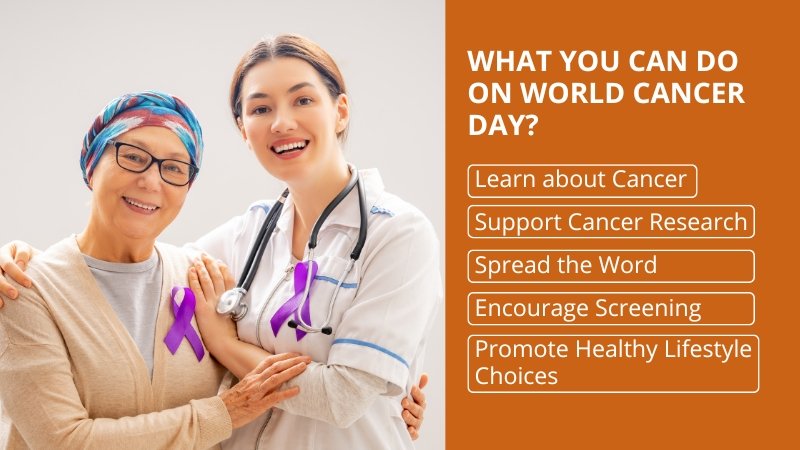
On World Cancer Day, everyone is encouraged to take action by learning more about cancer, its risk factors, and how they can contribute to reducing the global cancer burden. Here are some simple steps that individuals can take to make a difference:
1. Learn about Cancer: Educate yourself about different types of cancer, risk factors, and prevention strategies. Understanding cancer helps in recognizing the importance of early detection and treatment. Awareness can also help individuals make lifestyle changes that reduce their risk of developing cancer.
2. Support Cancer Research: Fundraising for cancer research plays a significant role in the fight against cancer. Consider donating to reputable cancer organizations or participating in fundraising activities organized on WCD.
3. Spread the Word: Use social media platforms and other communication channels to spread awareness about cancer prevention and early detection. Share resources, articles, and infographics to educate others.
4. Encourage Screening: Encourage loved ones to get regular screenings and checkups. Early detection saves lives and increases the chances of successful treatment.
5. Promote Healthy Lifestyle Choices: Make a commitment to adopt a healthier lifestyle by eating a balanced diet, staying active, quitting smoking, and limiting alcohol consumption. Encourage others to do the same.
Take Action Today
While World Cancer Day is an important reminder, taking action every day is equally critical. Cancer prevention, early detection, and proper treatment are steps that should be integrated into daily life. You don’t have to wait for an annual event to get involved or take action. Small changes in your lifestyle, including adopting healthier habits, can have a significant impact on your overall health.
If you or a loved one is dealing with cancer, consulting a medical expert such as Dr. Ankur Prakash, a prominent homeopathy doctor, may be a great step in exploring alternative or complementary therapies that can support cancer treatment. His expertise in homeopathy provides personalized treatment plans that can help alleviate symptoms and improve overall well-being.
Remember, your health matters. Taking small steps every day, supporting cancer research, and encouraging awareness can all contribute to the global fight against cancer. Let’s work together to create a world where cancer is no longer a major threat to health and well-being. Take action today for a better tomorrow!
